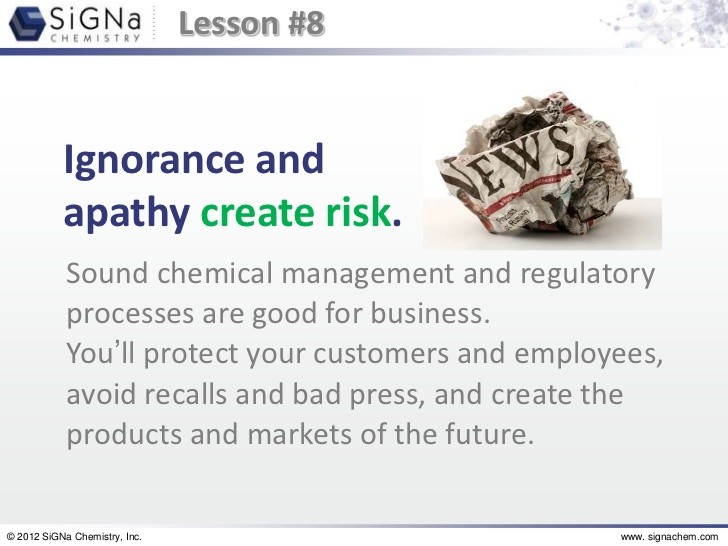Another Sound Lesson In Risk Management
Post on: 13 Апрель, 2015 No Comment

Summary
- Business risks for small cap companies are still prevalent, even in the midst of a wide-spread bull market.
- Diversification using an ETF instead of an individual stock can help mitigate these risks.
- Using a stop loss or sell discipline is another way to define the capital you are willing to lose on a specific trade.
About 8 months ago, I received an email from a friend who is a successful entrepreneur and an all-around buttoned-up individual. He copied me on a note that he had send to all of his friends and acquaintances regarding a company that we had to check out as an investment opportunity.
You probably know where this is heading.

The company was noted in his analysis as a key supplier for Apple Inc. (NASDAQ:AAPL ), with a successful niche, steady revenue stream, and the potential to be awarded big contracts for cutting-edge technology components. That company is GT Advanced Technologies (GTAT).
Now you may have heard about this stock, because it recently declared bankruptcy after a tremendous rise in notoriety and fantastic stock gains earlier in the year. At one point in 2014, GTAT had unrealized gains of more than 100%, after hitting a high of $20 near the middle of the year. This stock was beloved by traders, Apple enthusiasts, and anyone looking to double their money in a short period of time.
However, the wheels fell off the wagon when it was discovered that GTAT wouldn’t be the next supplier of next-generation glass for Apples iPhones. In addition, it has been speculated that Apple called an advanced supply chain loan from GTAT that ultimately led to its having to declare bankruptcy.
This was a $1.5 billion company on Friday that was worth less than $200 million on Monday. A drop of 90% is not something you want to see in a stock, but is a stark reminder that business risk is still very real, even in the midst of a widespread bull market.
Now there are a few lessons to be learned here:
- The people who profited from GTAT did so with a sound risk management plan that included a disciplined entry and exit point according to their trading philosophy. If you took my friend’s advice and bought the stock earlier in the year, you would only have been profitable if you stuck with a trailing stop loss or upside price target to exit the holding at a significant gain.
- Business risk can be somewhat mitigated through diversification. Instead of investing directly in a speculative small cap technology stock, an ETF such as the PowerShares S&P SmallCap Information Technology Portfolio ETF (NASDAQ:PSCT ) could be used as a proxy. This ETF owns GTAT, along with over 100 other technology-related companies that reduce the risk that a single company going out of business will subject your capital to devastating losses. PSCT has over $200 million in assets, and charges a reasonable expense ratio of just 0.29%.
- Stock picks from friends should be treated with a healthy dose of skepticism. Their risk tolerance, time horizon, and investment objectives may not coincide with your overall comfort level. In addition, they may be implementing a fundamental or technical analysis that doesn’t align with your traditional security screening methodology. Instead, make sure that you perform your own due diligence that includes separating fact from fiction and analyzing the risks and rewards according to your preferred method of examination.
The GTAT example is a rollercoaster ride that took months to play out and offered numerous clues along the way for technical or fundamental investors to heed. By diversifying your risk across numerous companies using an ETF or implementing a stop loss avert large losses, you would have avoided a great deal of pain in this trade.
Disclosure: The author has no positions in any stocks mentioned, and no plans to initiate any positions within the next 72 hours. (More. ) The author wrote this article themselves, and it expresses their own opinions. The author is not receiving compensation for it. The author has no business relationship with any company whose stock is mentioned in this article.














